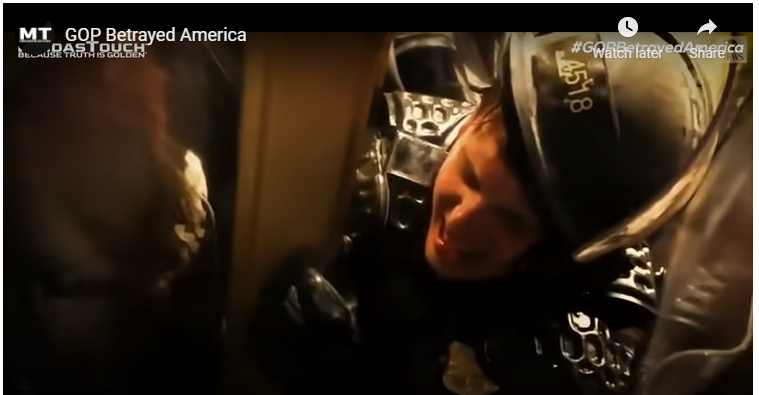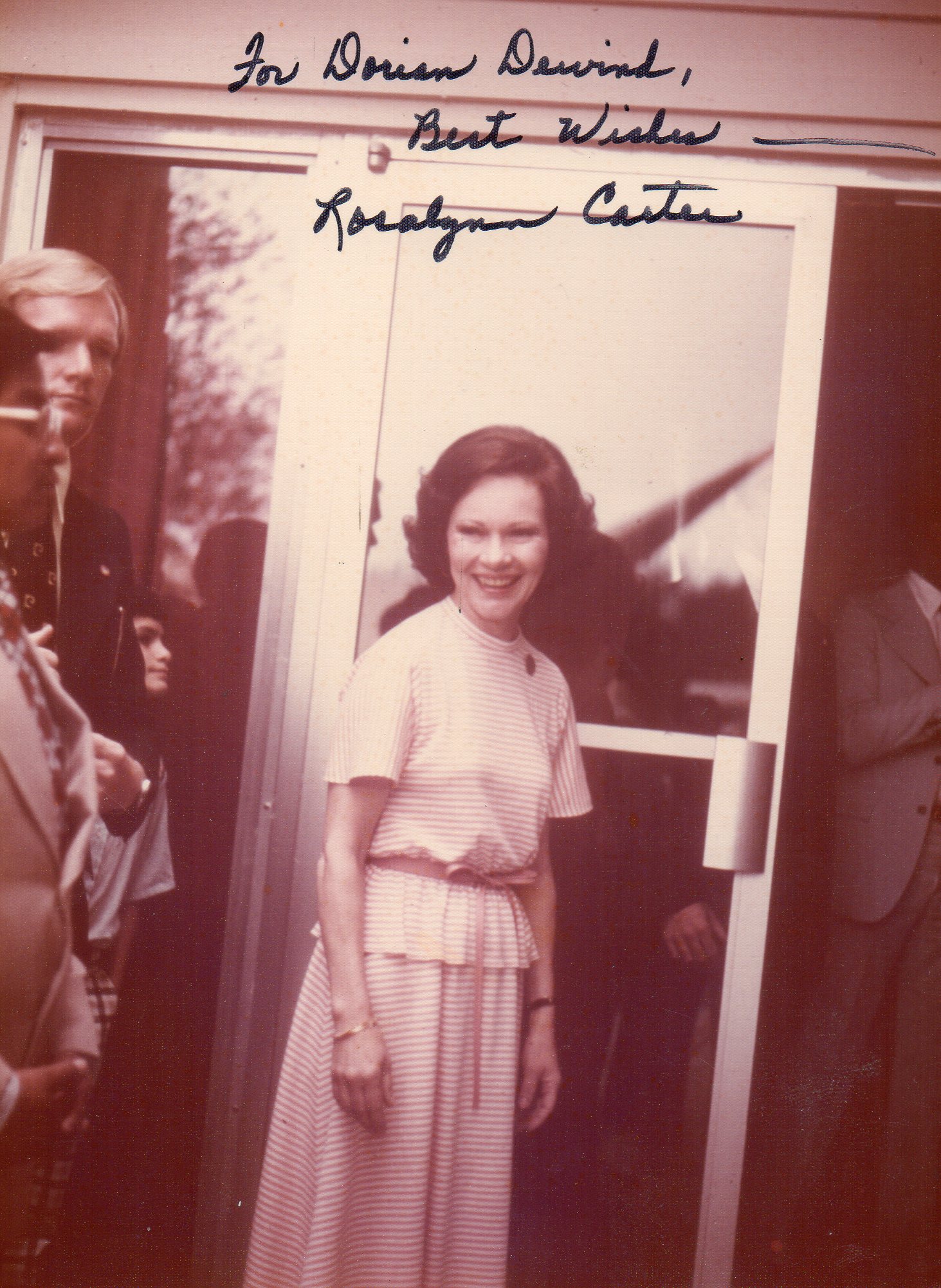
Dozens of powerful essays have already been written about that fateful day 365 days ago when our democracy almost perished. Many more eloquent words will follow.
However, I just read one that struck a deep chord within me because of the extraordinary man who wrote it and because that man, 365 days after January 6, still fears for our democracy.
Who better to write about democratic (and undemocratic) elections than the founder of an organization dedicated to promoting “free, fair and orderly elections across the globe,” and a man who also saw “how new democratic systems — and sometimes even established ones — can fall to military juntas or power-hungry despots…”
Who better to address nefarious and biased election processes by state legislatures, but a man who has witnessed firsthand politicians in his own home state and in neighboring states leverage “the distrust they have created to enact laws that empower partisan legislatures to intervene in election processes….to win by any means…”
And who better to speak from bitter experience about the threat to “free, fair elections, unhindered by strongman politicians who seek nothing more than to grow their own power,” than a man who, in 1962, encountered this threat in his own backyard when, while running for his State Senate, “a ballot-stuffing county boss tried to steal [his] election.”
You may have guessed by now, that man is the 39th President of the United States and the only U.S. President to be a recipient of the Nobel Peace Prize after leaving office: President James (“Jimmy”) Earl Carter.
In a New York Times guest essay, “I Fear for Our Democracy,” Mr. Carter recalls how “One year ago, a violent mob, guided by unscrupulous politicians, stormed the Capitol and almost succeeded in preventing the democratic transfer of power” and how all four former presidents, including himself, at the time “condemned their actions and affirmed the legitimacy of the 2020 election.”
Then, following “a brief hope that the insurrection would shock the nation into addressing the toxic polarization that threatens our democracy,” Mr. Carter laments that, sadly, “one year on, promoters of the lie that the election was stolen have taken over one political party and stoked distrust in our electoral systems.” These forces, he adds, continue to “exert power and influence through relentless disinformation, which continues to turn Americans against Americans….”
Mr. Carter ends his essay with five tenets that must be observed “for American democracy to endure.”
They center around:
• The right of citizens to be able to “participate easily in transparent, safe and secure electoral processes…free of intimidation and violence.”
• Ensuring “public confidence in the accuracy of results. Phony claims of illegal voting and pointless multiple audits only detract from democratic ideals.”
• Resisting “the polarization that is reshaping our identities around politics…focus on a few core truths: that we are all human, we are all Americans and we have common hopes for our communities and our country to thrive…”
• Passing or strengthening “laws to reverse the trends of character assassination, intimidation and the presence of armed militias at events…protect our election officials…from threats to their safety…”
• Addressing “the spread of disinformation, especially on social media…reform these platforms and get in the habit of seeking out accurate information…”
President Carter concludes:
Our great nation now teeters on the brink of a widening abyss. Without immediate action, we are at genuine risk of civil conflict and losing our precious democracy. Americans must set aside differences and work together before it is too late
CODA:
In his essay, President Carter mentions how he and his wife, Rosalynn, “were moved by the courage and commitment of thousands of citizens walking miles and waiting in line from dusk to dawn to cast their first ballots in free elections, renewing hope for themselves and their nations and taking their first steps to self-governance.”
As First Lady, Mrs. Carter showed great interest in human rights and democratic elections in other nations. The author was honored to meet her in Quito, Ecuador, in June 1977, during her first official trip abroad as First Lady (below), where she complimented Ecuador on its record on human rights and the plan of its military rulers to restore civilian rule.

















